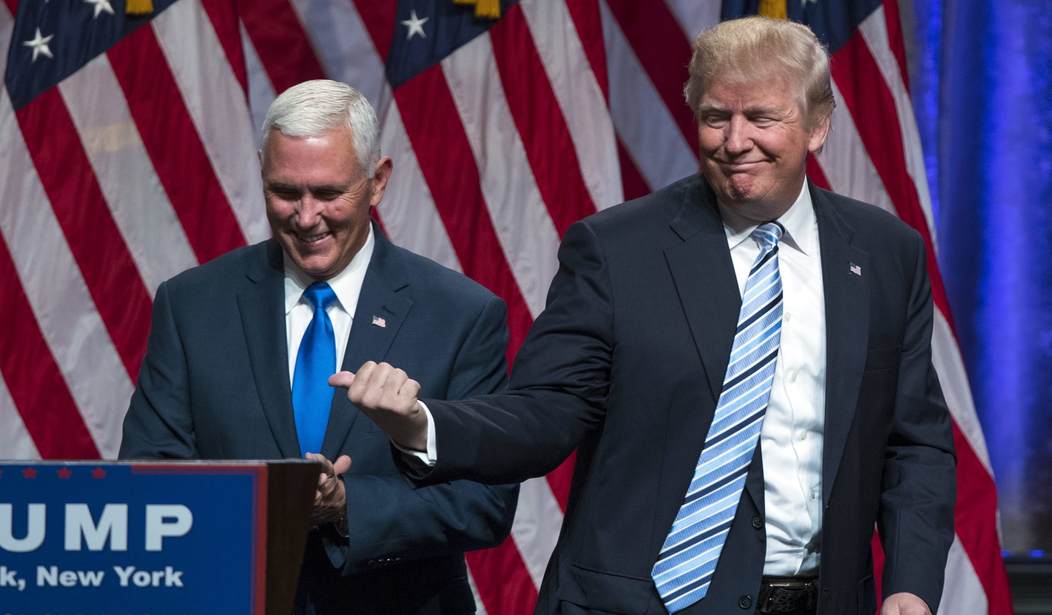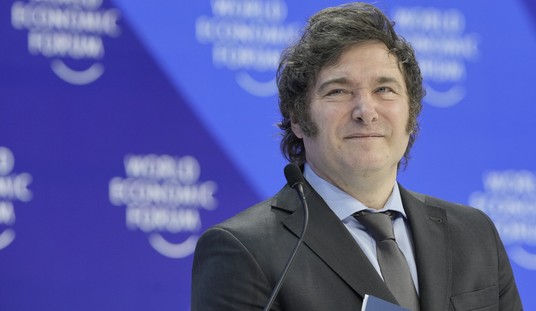In his victory speech, President-Elect Donald Trump made clear what he plans to do once he’s president. His main priority? He wants to create large new projects such as building bridges and roads.
It’s not exactly shocking, of course, that this is his main priority, together with creating tariffs for foreign companies trying to import their products into the United States. It’s what he has talked about for years. He told voters during the campaign that this is what he wants to do, and I’m sure he’ll follow through on it. In fact, these promises may very well have helped him over the top; it’s undoubtedly what caused blue-collar whites to rally around his flag.
Having said that, the above also means that Trump’s victory was not — I repeat: not — a victory for conservatism. Trump isn’t a conservative and he has never made a secret of it either. He even went so far as to tell principled conservatives that he didn’t need their support. Yesterday proved him right — albeit only to a certain degree because many conservatives ended up voting for him nonetheless just because they despise and hate Hillary so much.
Many pundits have argued that Trump has no principles whatsoever. That’s not completely true. Yes, he has contradicted himself on many occasions, but he does have some principles, certain ideas he sticks to no matter what. Among them are the need to invest in infrastructure and to punish foreign companies and American companies that want to move their production facilities abroad.
What does that make him? Well, not a conservative, but a populist. Donald Trump is Theodore Roosevelt’s true successor. He’s charismatic, has a sense for style, knows how to play the media, and he believes in the power of government to do good. To him, the problem of the last eight years wasn’t that President Obama made the government bigger than ever before, but that his policies and the folks he put in charge were “stupid.”
That’s populism in a nutshell: the idea that government can do much good by being active and involved in the economy, but that politics has to be taken back by “the people.” His wasn’t a battle against Big Government, but against The Elites. And he has won that battle decisively.
Obviously this raises the question of what the Republican Party of the future will be like. Will it be a conservative party, as many conservative pundits hope and think? I wonder. In fact, I think that Trump’s victory will convince many Republican office holders that not conservatism, but populism is the way to go. As long as this anti-establishment populism is combined with an all-out offensive against radical progressive ideas such as multiculturalism and political correctness, it can almost certainly count on enough conservative support to win elections — at least until Hispanics form a much larger part of the population.
That’s not a very uplifting thought to me — a libertarian conservative — but I’m sure this is how things will play out in the 2-4 years ahead, and perhaps even afterwards. Real ideological conservatives and libertarians — those who demand a small government — now have to hope and pray that Trump will give them at least something, such as constitutionalist judges. If he does, if he combines his own strain of populism with conservative appointments to the bench, Trump could very well keep his coalition together for the foreseeable future… and perhaps even for a second term, assuming that’s what he wants (after all, he isn’t exactly a spring chicken).
Last but not least, a sincere congratulations to PJ Media’s very own Roger L. Simon. Unlike me, Roger saw Trump’s victory coming — from very, very far away. I have little doubt that this is particularly due to his understanding of American pop culture and the power of entertainment; after all, Trump was a celebrity candidate. Roger deserves wide recognition for his foresight.









Join the conversation as a VIP Member